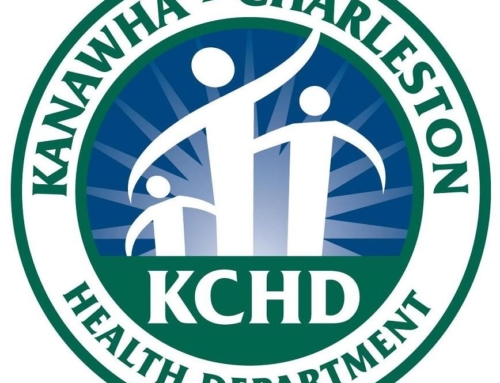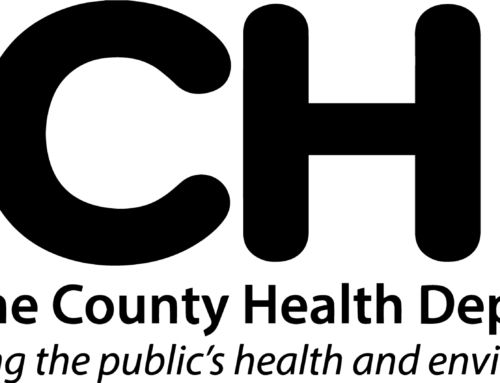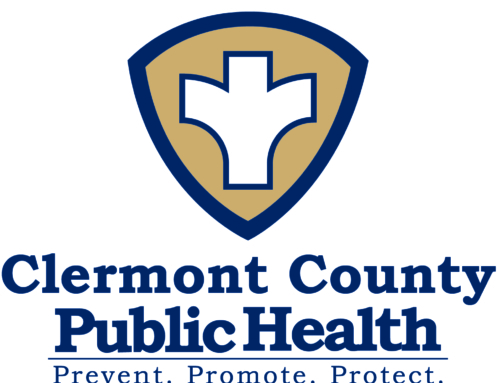Project Description

“Through our accreditation experience, processes like QI that once seemed impractical for a tiny, rural health department, have become not only beneficial, but routine.”
Accreditation Builds a Working Culture of Quality Improvement at Preble County General Health District
By Erik Balster, MPH, REHS, RS
When Preble County General Health District (PCGHD) began its accreditation journey, quality improvement (QI) was a misunderstood concept that was practiced irregularly. This wasn’t due to a lack of trying. PCGHD is a small, rural health department in southwest Ohio where most of the 20 staff members wear several hats and financial resources can be limited. Despite the limitations, we have always figured out ways to do more with less. Through the accreditation process we have also learned to improve with less.
With the assistance of the PHAB-suggested use of the NACCHO Organizational Culture of Quality Self-Assessment Tool, we were able to ascertain that we were within phase 3 in the Culture of Quality. We had written a QI plan and completed some projects, but no consistent, observable QI system had been adopted across the entire agency. We quickly realized that we needed to improve our practice of QI not only to achieve accreditation, but to better serve our community. It was also important for us to realize this change would not happen overnight or ever be truly “done,” but rather be a continuous process under which we operate.
Upon review of the recommendations found within our first annual report review, the leadership team at PCGHD decided that we would need to dedicate both staff and time to making agency-wide QI more of a priority in our daily operation. Our first action was to establish a QI coordinator who would be tasked with ensuring consistent QI activities were conducted throughout our agency by following the criteria established in measures 9.2.1 and 9.2.2 of the PHAB Standards and Measures. This individual would also be tasked with training staff on QI procedures and the development of a QI workbook for staff to interactively participate in the documentation and progress of the QI projects.
Since our agency is partitioned into distinct program areas, our QI coordinator started out with program-specific QI projects for each program area. This has allowed staff to learn how to utilize the Plan, Do, Check, Act (PDCA) method on a broader, program-specific scale that has translated to employee-level projects in their respective program areas. Also, based on a recommendation from our annual report review, our QI Coordinator built a QI workbook around the PDCA cycle, which has ensured that everyone is utilizing the same methodology for their projects.
Like any new skill, building a working culture of continuous QI has required patience, practice and repetition. Using the tools acquired from our achievement of accreditation and the subsequent annual reviews, we have moved from phase 3 to phase 5 of the Culture of Quality as described in the NACCHO Roadmap. Direct results can be seen in all major programs at PCGHD including the environmental health, nursing, and administrative divisions. In the nursing department, a QI project based on clinical immunization rates showed a 5% increase in immunizations for 24-35-month-old children. In the environmental health division, we have moved away from paper record keeping to a comprehensive digital record-keeping system that allows us to produce useful reports for our clients and partner agencies, which has seen a 50% increase in abatement of longstanding nuisance complaints.
Through our accreditation experience, processes like QI that once seemed impractical for a tiny, rural health department, have become not only beneficial, but routine. As we continue on as an accredited health department, we are hopeful these improvements will yield even better results for the community we serve.
Preble County General Health District in Eaton, Ohio, was awarded national accreditation through the Public Health Accreditation Board on May 17, 2016.
About the author: Erik Balster, MPH, REHS, RS, is Health Commissioner at Preble County General Health District in Eaton, Ohio. Contact him at 937-472-0087 x215, or [email protected].




